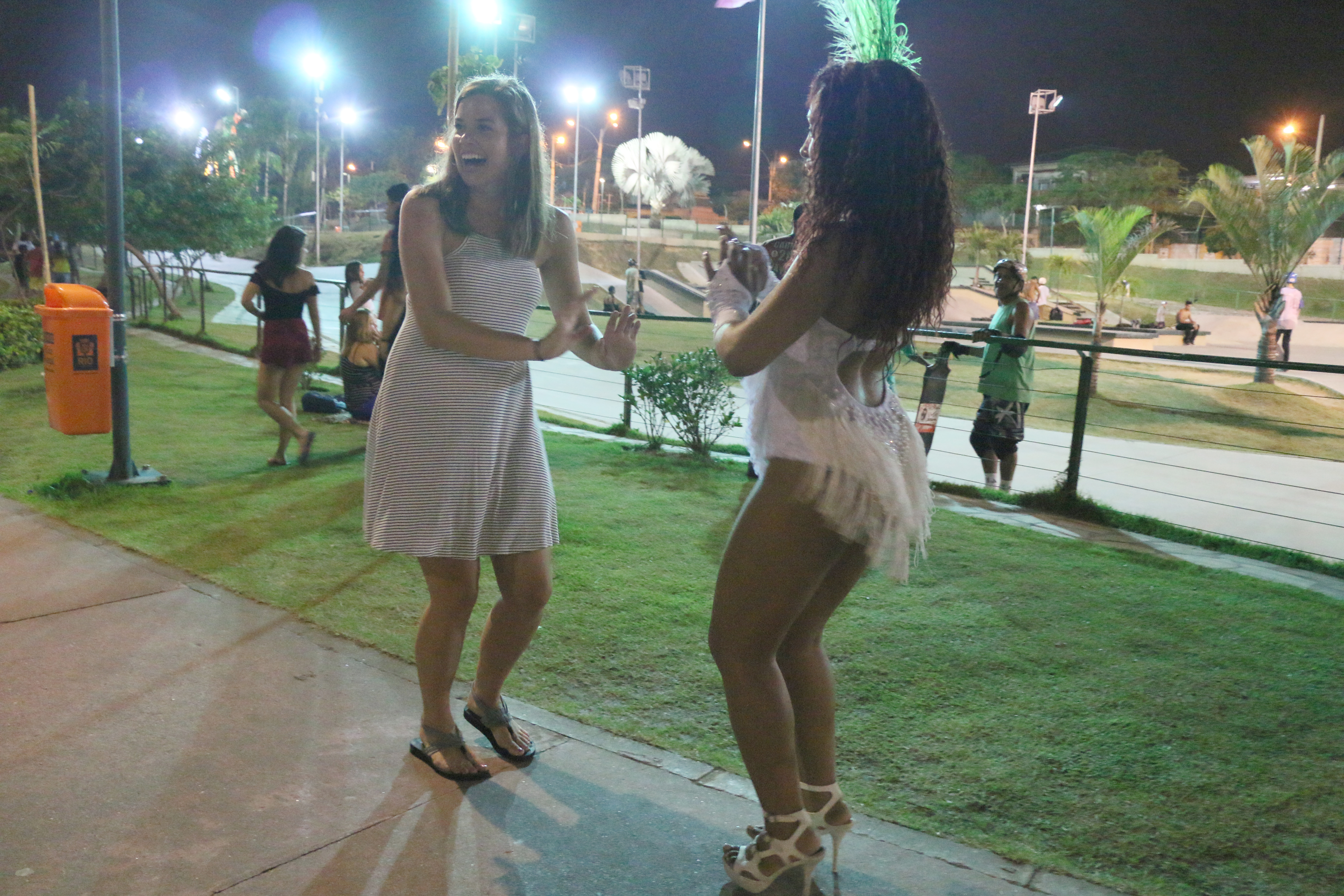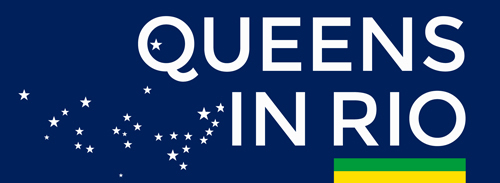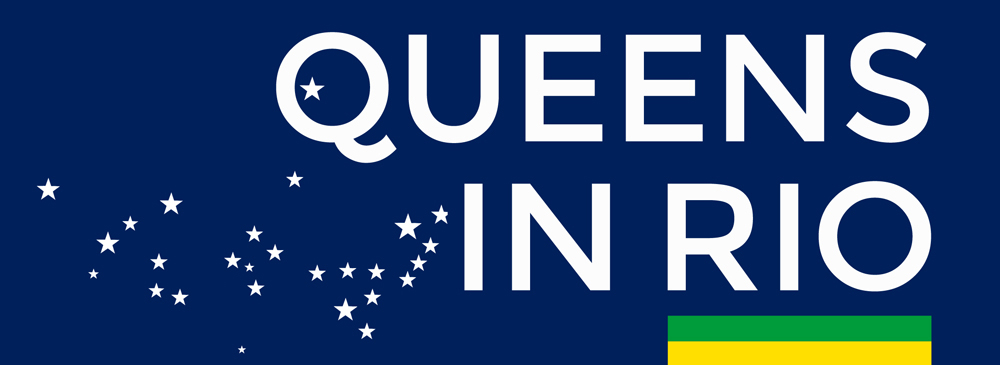Rio de Janeiro is a city of life. Its vibrant people express their culture in various forms, and samba is one of the major chords. What many don’t realize is that the dance is more about the the inclusion of all and the celebration of life rather than the actual foot work.
Abby Tolar, a communication student from Queens University in Rio for the Olympic Games, believed her experience in the city wouldn’t be complete until she learned to samba. She experienced the real deal by attending a dance parade put on by one of Rio’s samba schools.
The entire dance group was from Rio and spoke only Portuguese. Many were talented dancers, but even those who didn’t know samba as well were able to keep up with the dance. Tolar said it was intimidating to go into a situation where there was not communication through actual language. Instead, it was through the dance itself. “As an American, I definitely felt like I may have seemed different,” said Tolar, “but I was definitely included in this dance that was pulling us all together.”
Since Brazilian dance includes American music as well as samba, the dance culture reflects the inclusive nature. Because the samba dance experience is open to all people, the dance culture also builds friendships. People who aren’t Brazilian, like Tolar, are still welcomed into the community. People in wheelchairs were welcome in the parade, wanted by the community to dance in their own way by spinning wheelchairs and using their arms.
“One thing I don’t see in American culture that I see here with dance is their happiness just to be alive and just celebrating life,” Tolar said. She believes other American college students would gain a better global understanding if they experienced samba and the Brazilian culture, and is considering a way to bring samba to Queens through a social event.

Photo: Abby Tolar, left, a student at Queens University of Charlotte, learns samba steps at a dance school parade in Rio during the Olympic Games. Photo by Austin Huddy.

